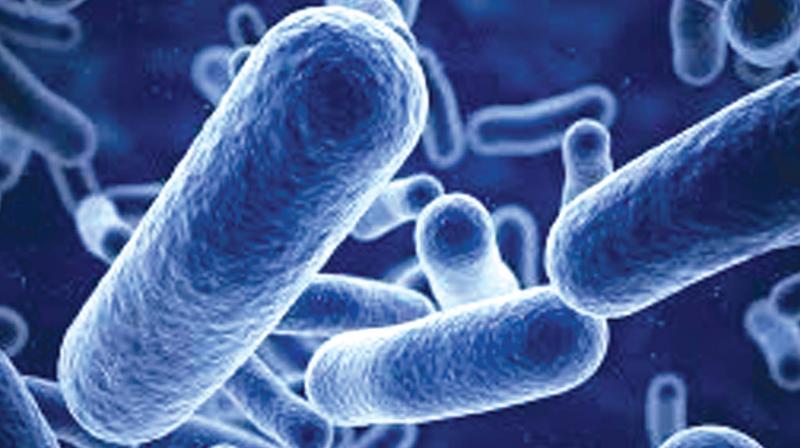Human microbiome - A new rising star in forensics
In a healthy human being, the brain, liver spleen and heart are free from microflora.

If Sir Arthur Conan Doyle were to be alive today, the famous detective Sherlock Holmes created by him for having utilised have prodigiously cracked complicated criminal cases using microscopic traces of bacteria left behind by the criminals. Believe it or not !
The microbial community present on each individual call We are at the beginning of a voyage, and this voyage promises to revolutionise criminal investigation all over the Earth. When we are born we are mostly sterile but we acquire microbes from our mother and the after the birth. We acquire approximately 10,000 different strains of bacteria and this species composition remains mostly stable for the rest of the life of a human being. We start with approximately 20,500 genes at birth bacquire in excess of 10,00,000 genes. We have as a matter of fact 10 times more bacterial cells than human cells, which makes us wonder whether we are in actuality human beings or microbial beings? The microorganisms alone account for approximately 1 to 1.5 kgs of our body mass. The human body also emits a mind-blowing 36 million microbes into the immediate surroundings every hour. These microbial signatures are what the forensic scientists exploit to chase down suspects and identify Microbiome- A new rising star in forensics- who was credited for being a paradigmatic forensic expert fingerprints, hairs and blood samples to solve crimes would people in murders, burglaries and sexual assaults. This is what makes it a robust profiling tool as well as the most promising emerging tool in the world of forensics.
A study published in 2010 in the “ Proceedings of the National Academy of Sciences”, fingertips matched with one another. The authors were also able to scrape out bacteria computer mice by contrasting it wit of 270 microbiomes available on the public domain. Everybody’s poop has a unique signature.
Harvard University conducted samples collected from participants in the study. A year later they found the bacteria signatures collected from the stools of the participants researchers identify individuals with 86 per cent accuracy. Skin bacteria are phones. The microbial profile of a person obtained found its original owner with 97 per cent Microbes play an important role in the decomposition of human corpses and scientists are exploring the use of microbial succession during the decomposition to estimate the time since death. It’s also being used as an indicator fo unknown graves.
In a healthy human being, the brain, liver spleen and heart are free from microflora. Our immune system hinders the microbes from getting into these organs. But after death, microorganisms spread into these germ. The migration of microbial microorganisms into the sterile organs can be a pretty accurate measure of post-mortem interval, a duration which enables investigators to arrive at the time of death.
The microbial signature technique is well poised to become a new tool in the arsenal of law enforcement alongside DNA fingerprinting and physical fingerprinting. When the physical fingerprints left behind are found mudged and the suspect has not left behind DNA, bacterial fingerprints can go to the aid of the investigator although DNA will always be the gold standard.
Bacterial signatures have several advantages over diagnostic DNA evidence. Unless the suspect has left behind blood, tissue, semen, saliva, hair etc it is often difficult to obtain sufficient DNA for forensic identification but microbes on the contrary are abundant and it’s much easier to recover bacterial DNA than human DNA. It is also easier to recover bacterial DNA than human DNA from touch surfaces and on the other hand, bacterial DNA is abundant in most scenarios than human DNAs. Cosmetics, antibiotics usage, dietary changes and health states could have a corresponding change in the microbiome. This is one of the drawbacks of bacterial signatures.
One reason why our microbiome is personal is because it is partly determined by our genome and immune system. The question is whether these signatures can be used to identify a person beyond a reasonable doubt, as human DNA evidence can.
Scientists think it’s possible in the near future in which case the drawbacks become surmountable and human microbiome could become the newest most powerful rising star in forensics.
(The author Dr K.Jayanth Murali, an IPS officer, is Director DVAC, Chennai)

